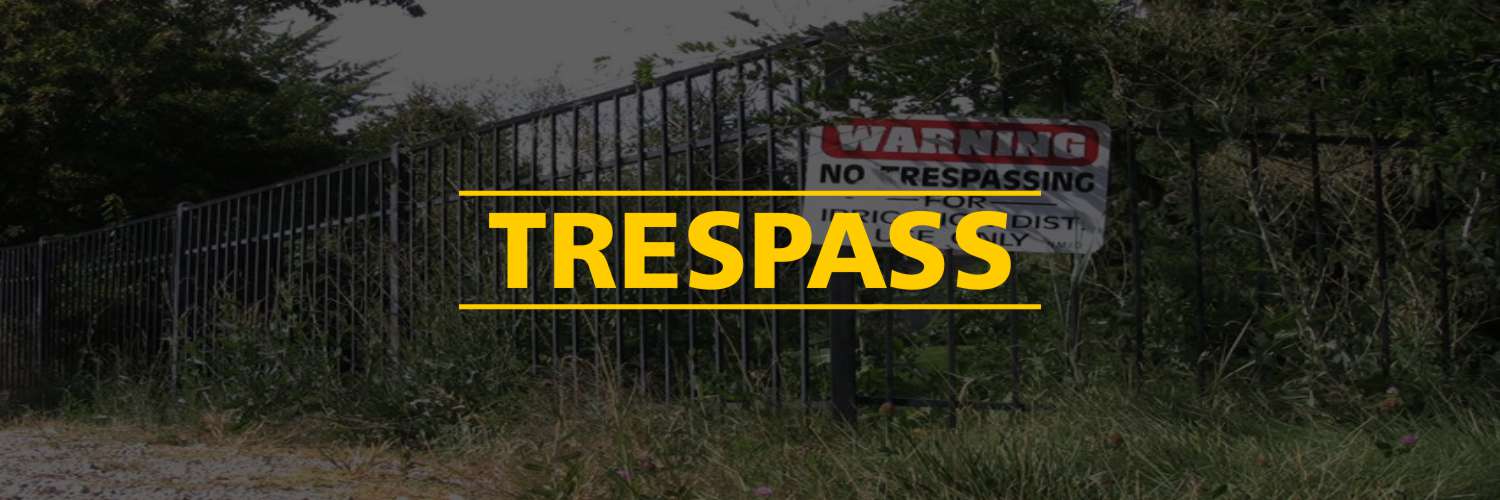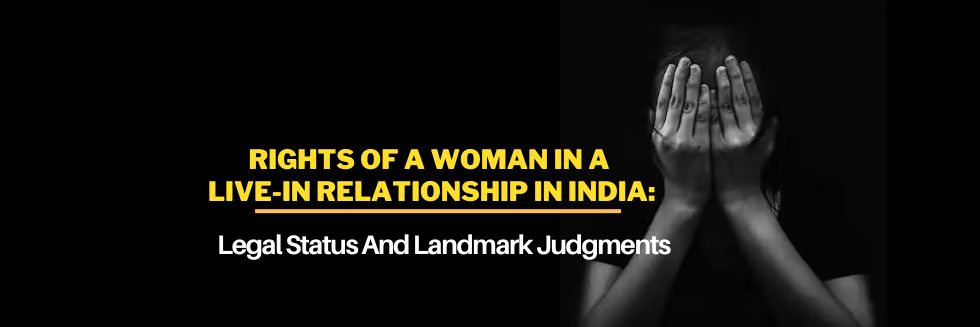Trespass is said to be the act of crossing the limits prescribed by law. It refers to an unreasonable interference with one’s property or person arising out of a malafide intention. Trespass is a criminal as well as civil wrong. If a person is invited to home by someone and he is made to sit in the drawing room, it does not mean that he can go to other places in the home. If he does so, he will be considered to commit the tort of trespass.
Basic essential elements of a tort of trespass:
- An unreasonable interference with the right of others on their property
- Use of some force
- Intent of intrusion
- Injury to the other person is caused as a result.
Types of Trespass
Trespass against person
Assault:
assault is the act of creating an apprehension of damage or harm in the mind of the other person. Assault is a civil as well as criminal wrong.
Essentials of assault
- intent
- Cause of apprehension in the mind of other of damage or harm
- By the actions or words of a person who has the ability to do so or is in a position to harm other
- Knowledge of threat
Section 351 of the Indian Penal code defines the assault.
Battery
The battery is dealt with under section 350 of the Indian Penal code. The battery is civil as well as criminal wrong. The battery is the use of physical force to harm other without lawful justification. The ultimate aim of the battery is to cause grievous hurt to the person.
Essentials of battery
- Use of force
- Must be voluntary
- Contact with the body of the person
- Contact may be direct or indirect
Mere push or accidental touch does not constitute battery.
In the landmark case of Cole V. Turner, the Hon’ble court laid down the following principles of battery :
“(i) The least touching of another in anger is battery
(ii) If two or more meet in a narrow passage and without any violence or design of harm, the one touches the other, gently, it will be no battery
(iii) If any of them use violence against the other, to force his way in a rude ordinate manner, it will be a battery ; or any struggle about the passage to that degree as may do hurt, will be a battery. Further, it had said that intention must necessarily be considered in case of battery.”
False imprisonment
False imprisonment is called wrongful confinement in the Indian Penal code. It is basically restraining a person’s way unlawfully in all the direction in order to prevent him from moving in a direction for some period. The period may be small or long.
Factors that matter
- Use of force or its reasonable apprehension
- Place of confinement- It is required that a person is a put in a situation or area from where the person cannot escape constituting a tort of false imprisonment. It is not necessary to put the person behind the bars.
“In Bird v Jones a public right of way ran through an enclosure created by the defendants for the purpose of viewing a boat race. The plaintiff in an attempt to use the right of way entered the enclosure. The defendants prevented the plaintiff from walking through the enclosure and instead instructed him to run back and reach the destination through some other route. The plaintiff refused to move and stayed in the enclosure for half an hour.
The plaintiff sued the defendants claiming that they had committed false imprisonment. The claim was rejected: the defendant had done nothing that completely restricted the plaintiff’s freedom of movement. The plaintiff had been free to leave the enclosure and find any different route for getting to the place he wanted to.”
- Knowledge of plaintiff about imprisonment
- The intention of the defendant while causing imprisonment
- Period of confinement.
Defenses available:
- Consent of the plaintiff
- Voluntary assumption of the risk
- Contributory negligence
- Probable cause
Article 22 of the Indian constitution puts an obligation on the state to follow the procedure as prescribed therein while arresting a person and it also provides for protecting a person from unlawful arrest.
Defense against trespass to body
- Consent of plaintiff: it means the plaintiff himself agreed to the act. The plaintiff gave his consent for a specific to an act to the defendant.
- Contributory negligence: when there is negligence on the part of the plaintiff too, the liability of the defendant will be reduced to that extent.
- Self-defense: the defendant has to prove that he acted in such a manner to protect himself.
Trespass to property
- Trespass to the movable property like goods: it is the forceful or wrongful interference with the goods of another. The malafide intention may or may not be present. It may constitute mere touching of goods also.
If someone sells the goods of the other person, it will not be trespass to goods rather it would be the tort of conversion.
Trespass to the immovable property like land:
Trespass to land without lawful justification is actionable per se i.e. without proof.
Conclusion: if a person commits a trespass, then civil as well as a suit can be filed in the court of law. Therefore, trespass is both civil as well as criminal wrong.






